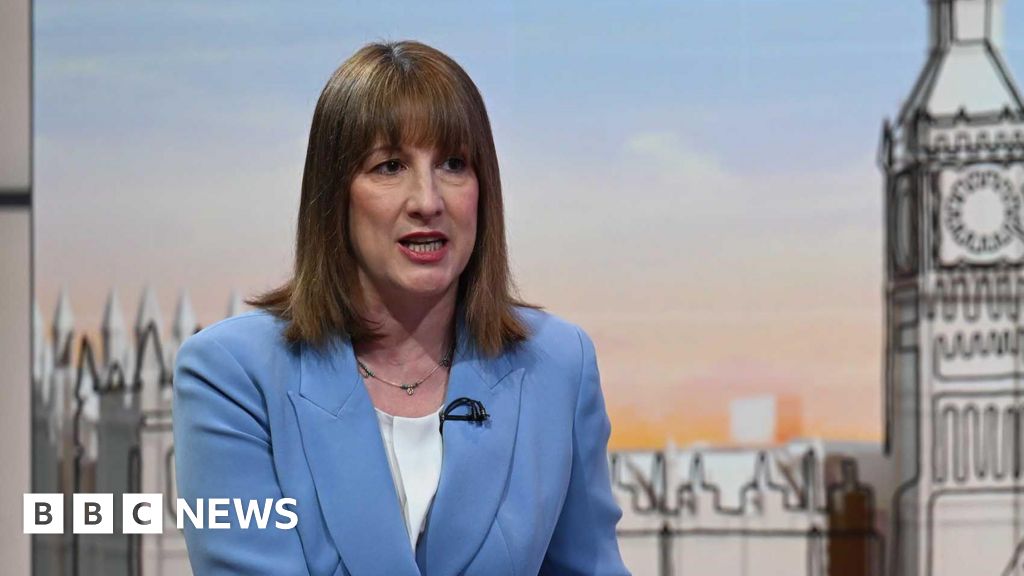Many Lawmakers Share Their Home Addresses. Political Violence Is Changing That.


The Minnesota assassination is causing some state legislators to rethink home security and how much personal information they make public. When an assassin visited the homes of two Minnesota lawmakers on Saturday, it exposed the longstanding tension between a public official’s accessibility and their security. Both State Representative Melissa Hortman, who along with her husband Mark was killed, and State Senator John A. Hoffman, who along with his wife Yvette was wounded, readily shared their home addresses with constituents. Ms. Hortman’s address was listed on her campaign website, and Mr. Hoffman’s address had been listed on his official legislative webpage, a common practice in many states. But in the hours after the shootings, while police officers were still searching for the assassin, lawmakers across the country began to rethink their approach to privacy and safety. The Michigan State Police held security briefings for legislators. The police in Fairfax County, Va., increased patrols around lawmakers’ homes. And in North Dakota, officials decided by midday Saturday to scrub home addresses from legislator biography pages. “In light of the tragedy in Minnesota, we quickly decided to remove all addresses until our leaders have time to assess the proper balance between transparency and safety of our elected officials,” John D. Bjornson, the director of the North Dakota Legislative Council, said in an email. In interviews with lawmakers across the country, some said sharing their home address helped reassure constituents that they were part of the community and could be easily reached. But unlike governors and presidents, most state lawmakers have no special security protection when they are away from work. The country’s coarsening public discourse has left them to weigh difficult trade-offs. “Part of the reason why my address is easily found is to make it clear that I actually live in my district,” said Stephanie Sawyer Clayton, a Democratic state representative in Kansas. “If you have a P.O. box, you don’t look authentic, right?” “But for authenticity,” Ms. Clayton added, “you kind of pay that price of vulnerability.” Though recent political violence has cut across party lines, both Minnesota lawmakers who were shot were Democrats, and the suspected assassin was said to be carrying a list of targets that was filled with more Democrats. In Ohio, State Senator Casey Weinstein thanked his state’s Republican governor on Saturday for increasing security for lawmakers, a decision that the governor’s office declined to confirm. “Honestly I’m struggling with this news,” Mr. Weinstein, a Democrat, wrote on Facebook after the Minnesota attacks. “I’m worried for my family. I worry I’m putting them in harm’s way by being in office. It’s a terrible feeling.” In Michigan, State Representative Karen Whitsett said she had no plans to remove her home address from her campaign website. But Ms. Whitsett, a Democrat who sometimes votes with Republicans in her state’s closely divided Legislature, said she had faced threats over the years. After the Minnesota attack, Ms. Whitsett said she decided to seek a permit to carry a concealed gun. Ms. Whitsett said she previously had such a permit and used it to carry a weapon inside the State Capitol, where she does not always feel safe. She plans to do so again. “I’m not going to depend on security,” said Ms. Whitsett, who on Sunday attended a video briefing on legislator safety that the Michigan State Police scheduled after the Minnesota attacks. Another Michigan state representative, Bill G. Schuette, a Republican, said he had purchased a home security system in recent years after angry people showed up at his house on multiple occasions. His address, he said, was required to be public under state law. “You sign up in this business to be accessible to your constituents and to be a voice that’s always listening,” Mr. Schuette said. “You really have to be grateful and thankful for our brave women and men in law enforcement, and hopeful, too, that people will try and respect some personal boundaries.” In North Dakota, State Senator Ryan Braunberger said he had been comfortable with his address being posted online before state officials decided to take it down this weekend. Mr. Braunberger, the Democratic leader in his chamber, said he had heard from the police in his home city of Fargo that they would be increasing patrols near legislators’ homes following the shootings near Minneapolis, about three hours away by car. “Honestly I don’t feel unsafe today,” he said. “But I also refuse to live in that world of fear, because it only encourages the perpetrators. Because that’s what they’re trying to do, is incite fear.”
What's Your Reaction?
 Like
0
Like
0
 Dislike
0
Dislike
0
 Love
0
Love
0
 Funny
0
Funny
0
 Angry
0
Angry
0
 Sad
0
Sad
0
 Wow
0
Wow
0




































